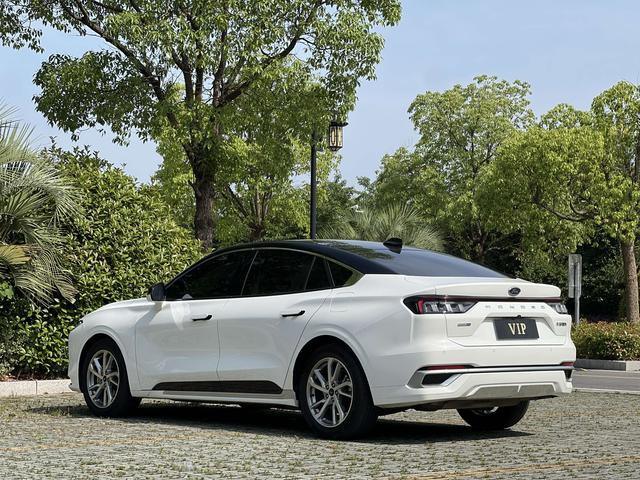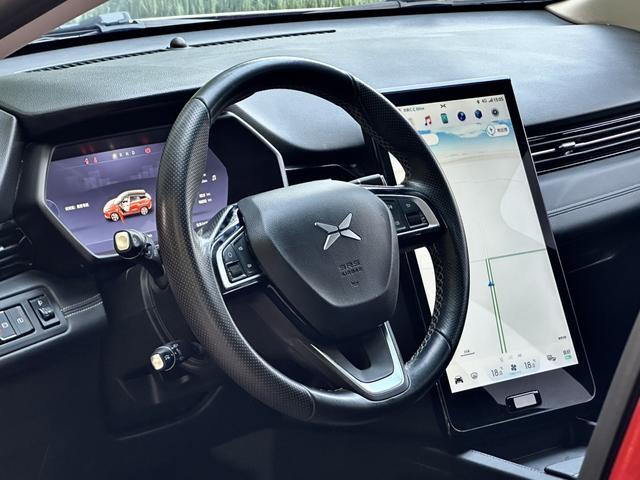Understanding the Hidden Value of Pre-Owned Vehicles
The automotive market presents buyers with a crucial decision: choosing between new and used cars. While the allure of a brand-new vehicle with its pristine condition and new car smell can be tempting, savvy consumers are increasingly discovering that used cars often represent superior value. This comprehensive guide explores why pre-owned vehicles frequently emerge as the smarter financial choice, offering insights into the numerous advantages that make used cars an attractive option for informed buyers.

The perception of used cars has evolved significantly over the years. Modern vehicles are built to last longer, with improved manufacturing techniques and materials ensuring better reliability and longevity. This fundamental shift in quality has transformed the used car market, creating opportunities for substantial savings without compromising on performance or features.
The Financial Advantages of Choosing Pre-Owned Vehicles
Depreciation: The Hidden Cost of New Cars
One of the most compelling arguments for choosing used cars lies in avoiding the steep depreciation curve that affects new vehicles. A new car typically loses 20-30% of its value within the first year of ownership, and up to 50% by the third year. This rapid depreciation represents a significant financial hit that used car buyers can effectively sidestep.
When purchasing a pre-owned vehicle that's two or three years old, the original owner has already absorbed the steepest portion of the depreciation curve. This means used car buyers can often acquire a vehicle that still has many years of reliable service ahead while paying substantially less than the original purchase price.
Insurance and Registration Cost Benefits
The financial advantages of used cars extend beyond the purchase price. Insurance premiums are typically lower for pre-owned vehicles, as the maximum potential payout in case of a total loss is less than for a new car. Registration fees in many states are also lower for used cars, being based on the vehicle's value and age.
These ongoing cost savings can add up to significant amounts over the years of ownership, contributing to the overall value proposition of choosing a used vehicle. Smart buyers factor these recurring expenses into their purchase decisions, recognizing that the initial price is just one component of the total cost of ownership.
Modern Used Cars: Quality and Reliability
Technological Advancements and Longevity
Today's used cars benefit from significant improvements in manufacturing technology and quality control. Modern vehicles regularly exceed 200,000 miles with proper maintenance, making concerns about reliability increasingly outdated. Advanced engineering and better materials mean that used cars now offer unprecedented levels of dependability.
The availability of detailed vehicle history reports and certified pre-owned programs has also transformed the used car market. Buyers can now access comprehensive information about a vehicle's past, including maintenance records, accident history, and previous ownership, making informed decisions easier than ever before.
Feature Retention and Performance
Recent model used cars often come equipped with many of the same features found in new vehicles. From advanced safety systems to entertainment technologies, the gap between new and slightly used cars has narrowed significantly. This means buyers can enjoy modern conveniences and safety features without paying the premium associated with a new vehicle.
Performance characteristics also remain largely unchanged in the first few years of a vehicle's life. With proper maintenance, a used car can deliver driving dynamics and reliability virtually indistinguishable from a new model, making the value proposition even more attractive.
Smart Shopping Strategies for Used Car Buyers
Research and Preparation
Success in the used car market begins with thorough research. Understanding market values, common issues for specific models, and optimal age ranges for different vehicles helps buyers make informed decisions. Online resources, professional reviews, and owner forums provide valuable insights into the long-term ownership experience of different models.
Developing a clear understanding of your needs and budget before beginning the search process helps narrow down options to the most suitable vehicles. This focused approach saves time and increases the likelihood of finding the perfect match between value and requirements.
Professional Inspection and Verification
A crucial step in used car purchasing is the professional inspection. Having a qualified mechanic examine potential purchases can reveal hidden issues and provide peace of mind. This small investment can prevent costly surprises and ensure the vehicle represents genuine value.
Verification of documentation, including service records and vehicle history reports, provides additional assurance of a vehicle's condition and care. These records can also help predict future maintenance needs and costs, allowing for more accurate budget planning.
Frequently Asked Questions
How much can I save by choosing a used car over a new one?
The savings can be substantial, typically ranging from 20-50% compared to the new car price, depending on the age and model of the vehicle. This calculation should include considerations for insurance, registration, and predicted maintenance costs.
What is the ideal age for a used car purchase?
Many experts suggest targeting used cars that are 2-4 years old. These vehicles have experienced the steepest depreciation but still retain modern features and typically have significant life remaining. They often represent the optimal balance between cost and value.
How can I ensure I'm getting a reliable used car?
Combine thorough research with practical steps: obtain a detailed vehicle history report, have a professional mechanic inspect the car, review maintenance records, and test drive the vehicle under various conditions. Certified pre-owned programs from reputable dealers can also provide additional assurance.

